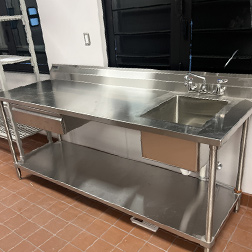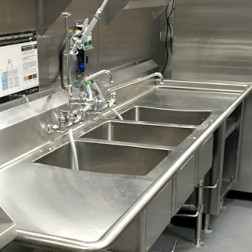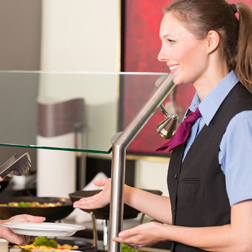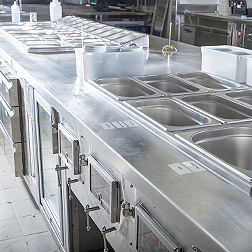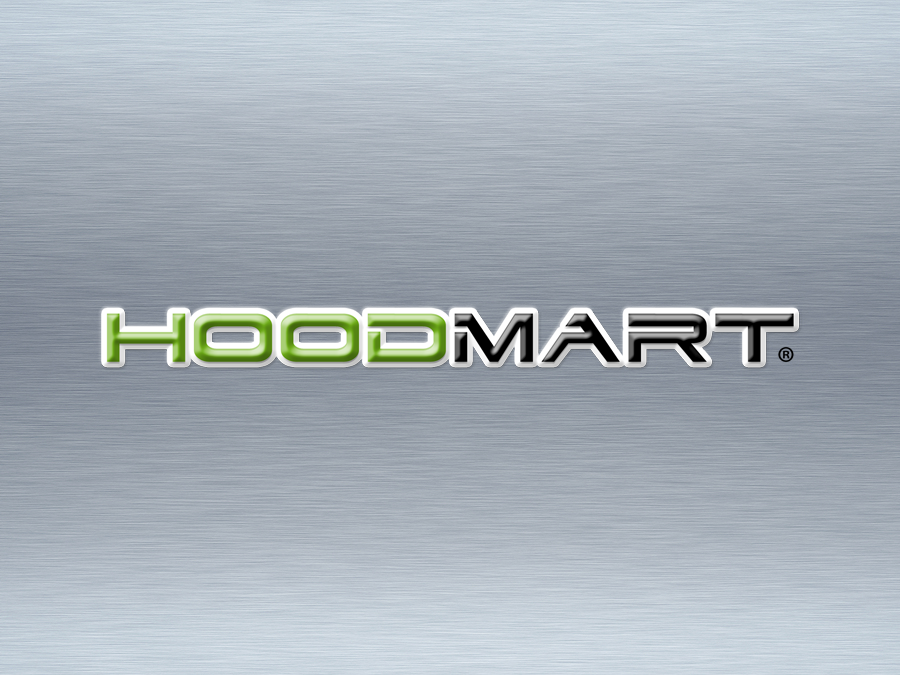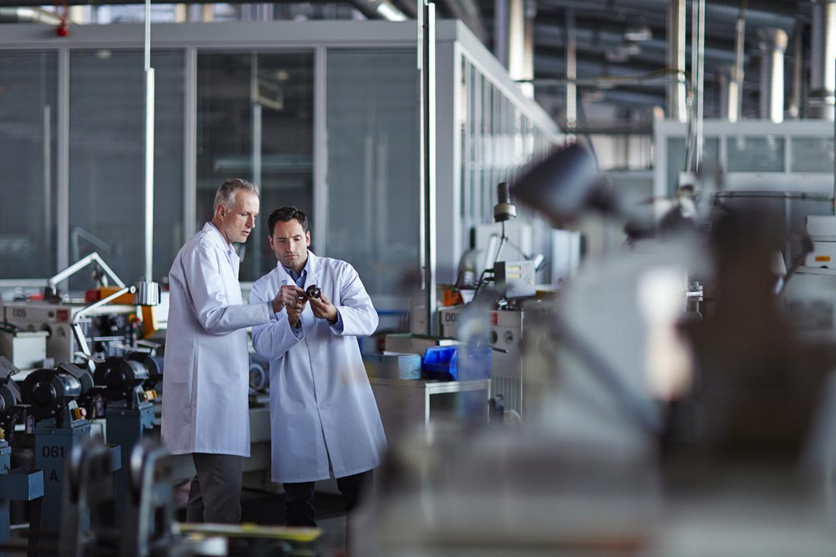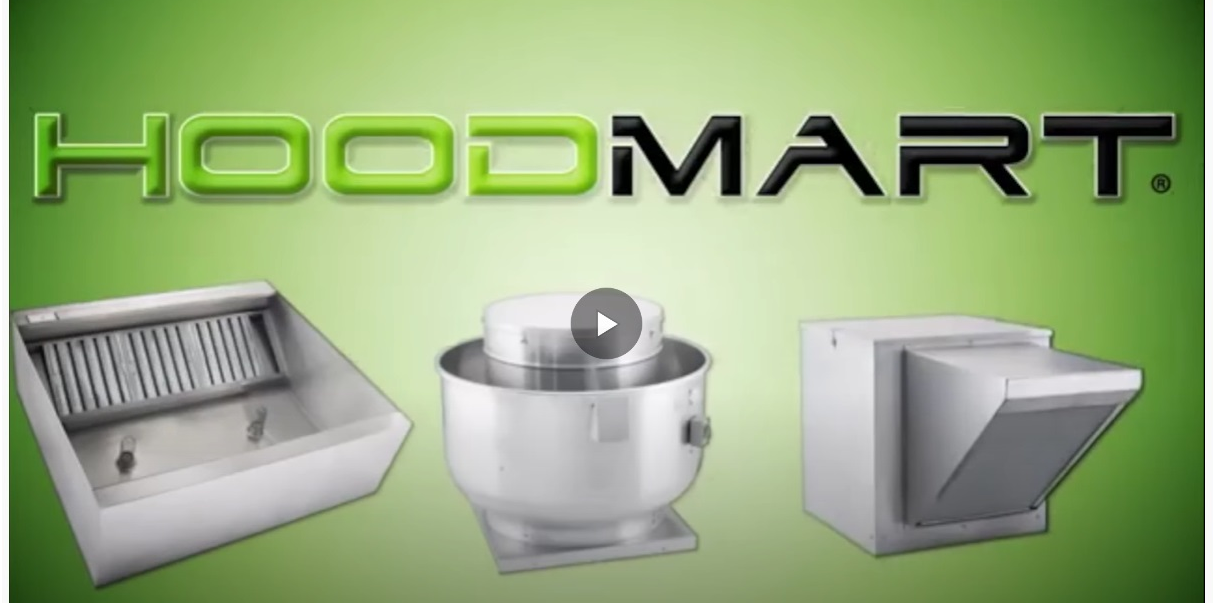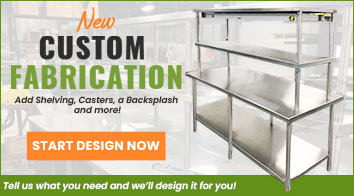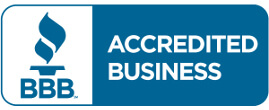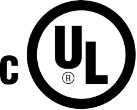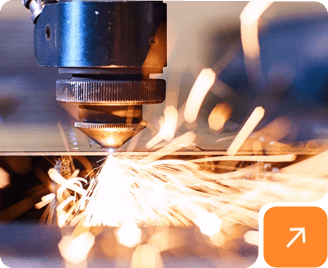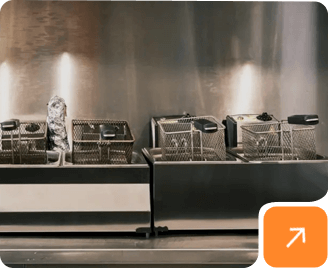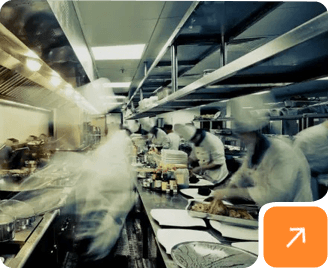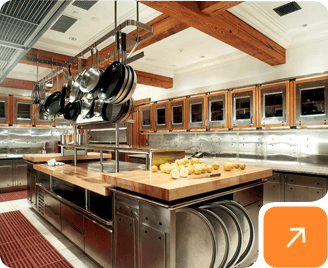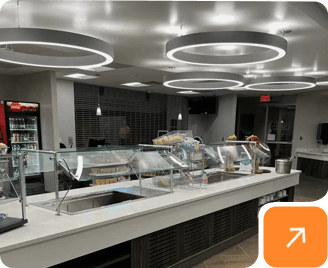We use cookies to help improve our services, make personal offers, and enhance your experience. If you do not accept optional cookies below, your experience may be affected. If you want to know more, please read the Learn more.
Restaurant Exhaust Hood Q&A
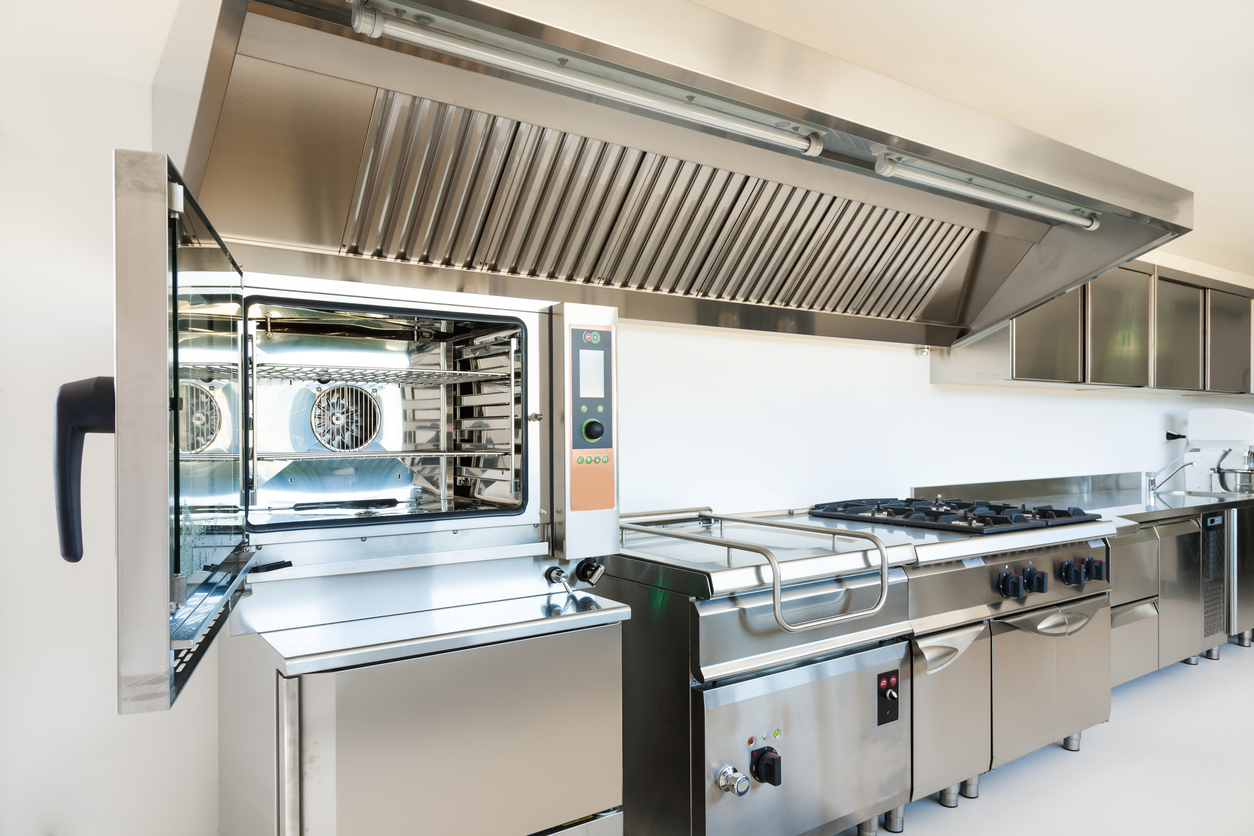
Are you in the process of selecting the perfect commercial exhaust hood system for your restaurant? This decision is not one to be taken lightly, as the exhaust hood plays a pivotal role in ensuring the smooth operation of your commercial kitchen. Beyond functionality, it also impacts employee safety, fire safety, and the overall cleanliness of your kitchen. To help you make an informed choice, we've compiled a comprehensive Q&A about commercial exhaust hoods and why they are essential for your restaurant.
Q: What Does an Exhaust Hood Do for Your Kitchen?
A: An exhaust hood system sits directly above your kitchen's cooking appliances and works diligently to remove grease-laden vapors and contaminants generated during cooking. By capturing airborne grease and contaminated air it ensures a cleaner and safer kitchen environment by passing the filtered air outside.
Q: Do I Need Professional Installation for My Exhaust Hood System?
A: Yes, professional installation is crucial for your exhaust hood system. While DIY might seem cost-effective, it can lead to increased fire risks, excess grease buildup, and poor air quality if not done correctly. Professional installers ensure safety and optimal performance, preventing inspection failures.
Q: Is Having a Hood System Mandatory for My Kitchen?
A: Absolutely, yes. Installing a commercial exhaust system is required for several reasons, primarily fire safety. However, specific laws and regulations regarding exhaust hoods may vary from county to state. Regardless of local variations, it is a fundamental obligation for any kitchen that deals with food preparation involving grease or grease-laden cooking processes.
Q: What Is the Difference Between Type 1 and Type 2 Hoods in Commercial Kitchens?
A: Type 1 and Type 2 hoods are distinct categories of commercial kitchen ventilation hoods, each serving specific purposes:
Type 1 Hood: These hoods are designed to remove grease-laden vapor and smoke from the air produced during cooking, making them suitable for kitchen appliances that produce grease. They incorporate grease filters and fire suppression systems for enhanced safety.
Type 2 Hood: Type 2 hoods primarily handle non-grease-producing appliances like ovens and dishwashers. They focus on removing heat, steam, and odors, rather than grease-laden air. Type 2 hoods are essential for maintaining a comfortable kitchen environment and can be used in conjunction with Type 1 hoods for comprehensive ventilation.
Q: What is a Make-Up Air System, and What Role Does it Play in Commercial Kitchen Ventilation?
A: Make-up air systems are integral to commercial kitchen ventilation. They provide a controlled source of fresh outdoor air to replace the kitchen hood's exhaust. This balanced ventilation prevents negative pressure, ensuring a comfortable and safe environment. Make-up air systems also help maintain temperature control, prevent back-drafting of exhaust gases, and improve overall kitchen efficiency. Properly designed make-up air systems are essential for a well-functioning commercial kitchen.
Q: What Are Fire Suppression Systems in Commercial Kitchen Ventilation?
A: Fire suppression systems are crucial components integrated into commercial kitchen ventilation systems. These systems are designed to detect and extinguish kitchen fires, primarily grease fires quickly. When activated, they release fire-suppressing agents, such as wet or dry chemicals, to smother the flames. Fire suppression systems are essential for maintaining kitchen safety and preventing potentially catastrophic fires.
Q: How Often Should I Perform Maintenance on My Exhaust Hood System?
A: Maintaining your exhaust hood system is crucial to its continued effectiveness and safety. The frequency of maintenance depends on the type of kitchen and the volume of cooking conducted. According to NFPA96, the Standard for Ventilation Control and Fire Protection of Commercial Cooking Operations, here are some general guidelines:
Wood or charcoal kitchens: Monthly cleaning.
24/7 high-volume establishments: Quarterly cleaning and maintenance.
Moderate cooking operations: Semi-annual cleaning and maintenance.
Low-volume cooking establishments: Annual cleaning and maintenance.
Q: How Does Regular Maintenance Impact the Efficiency of a Commercial Kitchen Ventilation System?
A: Regular maintenance is vital for the efficiency and longevity of commercial kitchen ventilation systems. It involves cleaning and inspecting components like fans, ductwork, filters, and fire suppression systems. Routine maintenance ensures that the system functions optimally, maintains air quality, and reduces fire risks. Neglecting maintenance can lead to decreased performance, higher energy consumption, and safety hazards.
Q: What Does HoodMart Offer in Exhaust Hood Systems?
A: HoodMart provides various exhaust hood systems, including Compensating (Short Cycle) and Perforated Supply Plenum PSP models. We also offer exhaust hood accessories like hood filters, canopy hood lights, and curbs. Our experts are available at 1.855.305.9274 or via our live chat system to assist you with questions and personalized guidance for your exhaust hood system purchase and installation. Contact us today!



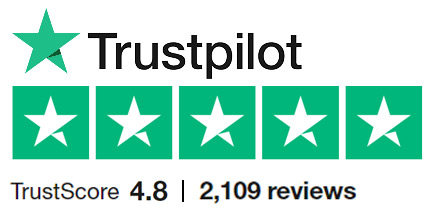


 CUSTOM FABRICATOR
CUSTOM FABRICATOR



